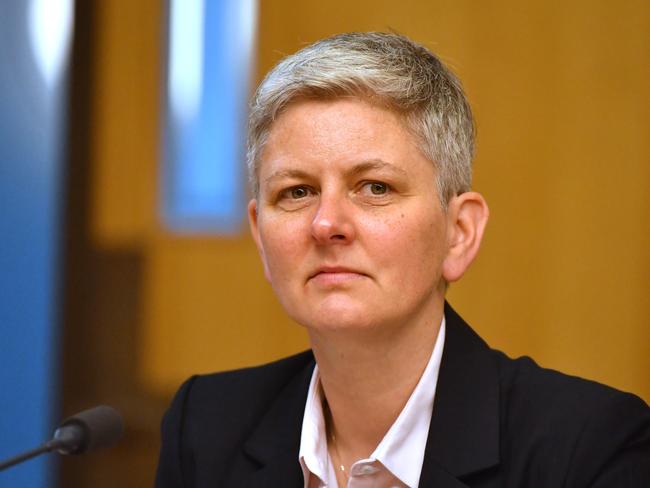
RBA committed to low rates post-Covid
RBA assistant governor Luci Ellis has underlined the bank’s commitment to maintaining ‘highly supportive monetary conditions’.

RBA assistant governor Luci Ellis has underlined the bank’s commitment to maintaining ‘highly supportive monetary conditions’.
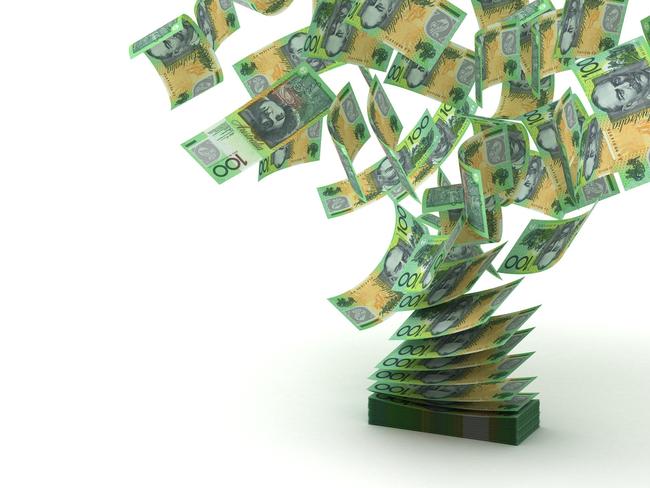
Australians grew their wealth through the Covid-19 crisis more than any other country in the world bar Switzerland.
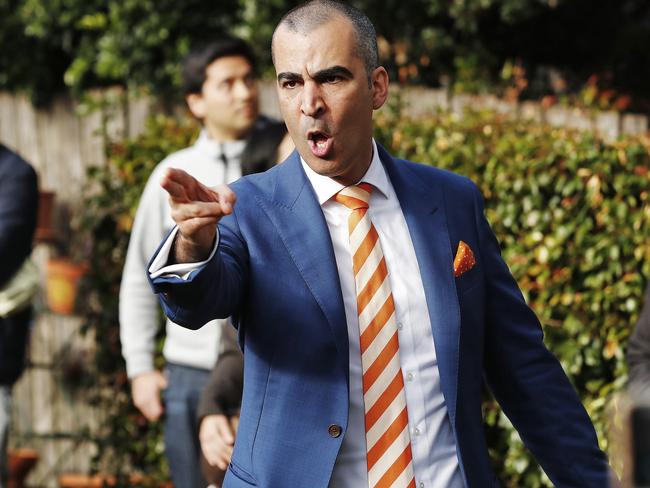
The NSW budget warns that regulators’ moves to rein in a hot property market and risky lending could put a hole in the state’s financial forecasts.
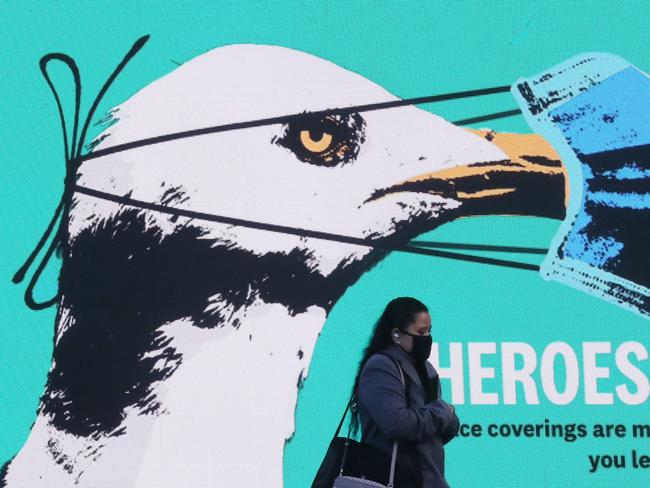
Victoria’s fourth lockdown triggered a 10 per cent plunge in hospitality jobs, according to new data from the ABS.
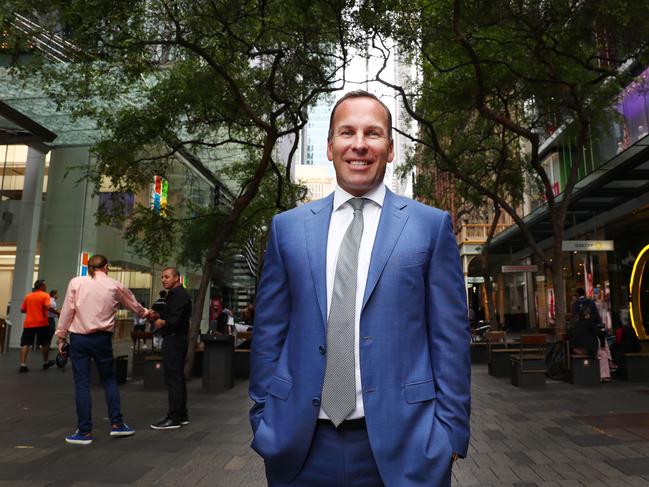
CEO Todd Barlow says the terms of the Milton merger deal could have real implications for the broader LIC sector.
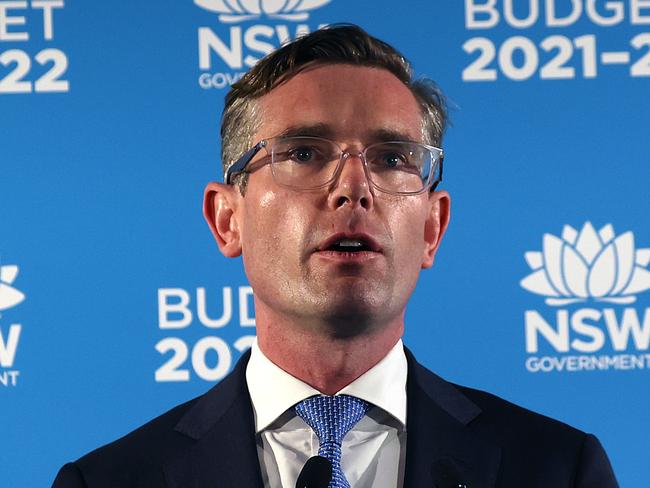
Treasurers always tell you the deficit will fall in the future, but tomorrow never seems to come.

Victoria went early with electric vehicle road user charges, which kick in from the end of the month, but other states are following suit.

Bigger industry forces beyond the union of Vodafone and TPG are behind increases in mobile phone plan fees.
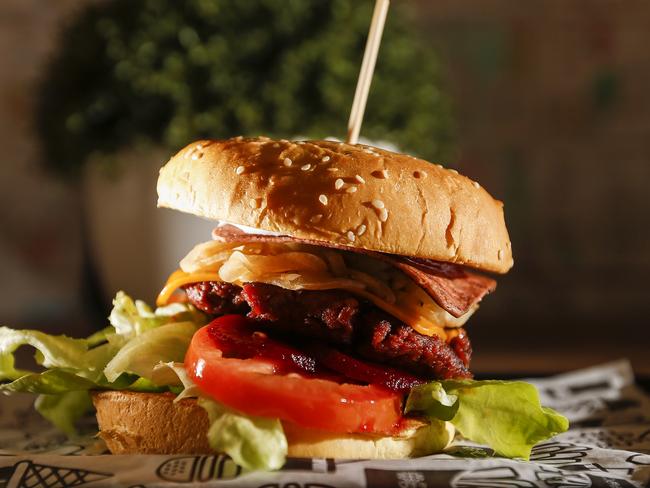
What does the word meat really mean? A linguist weighs in on the battle over vegan labelling – now the centre of a senate inquiry.
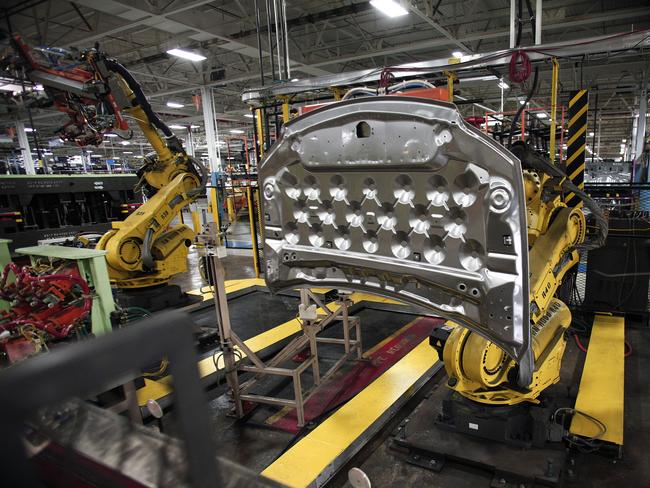
Orders and backlogs have grown while production and hiring slow.
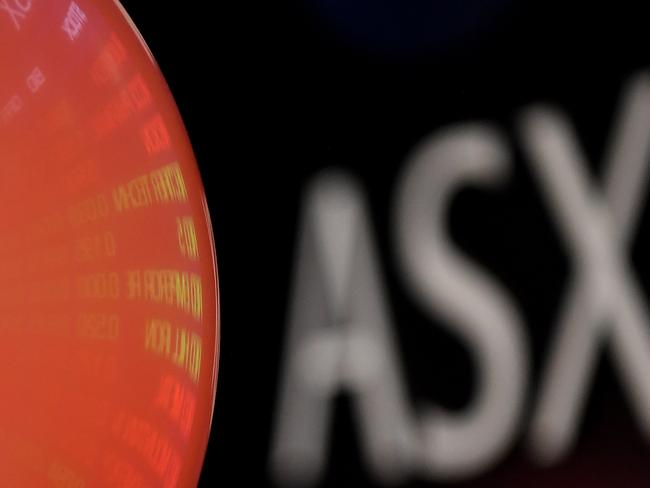
As chairman of Wesfarmers, Michael Chaney is a keen observer of what stimulus and border shutdowns are doing to the economy at large.
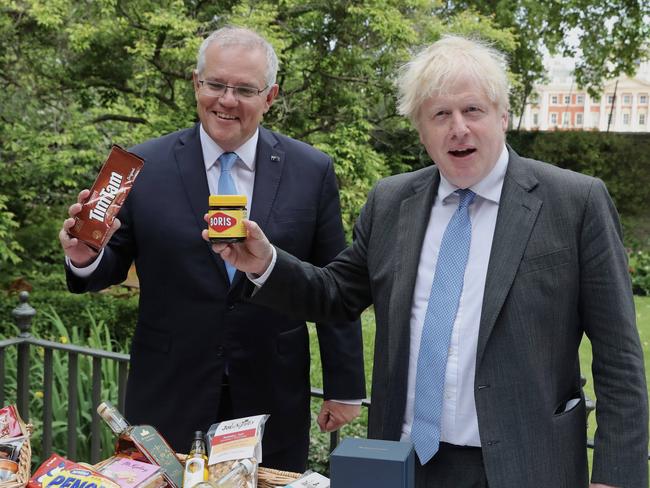
From super reform to free trade deals, Scott Morrison is riding high at the moment.
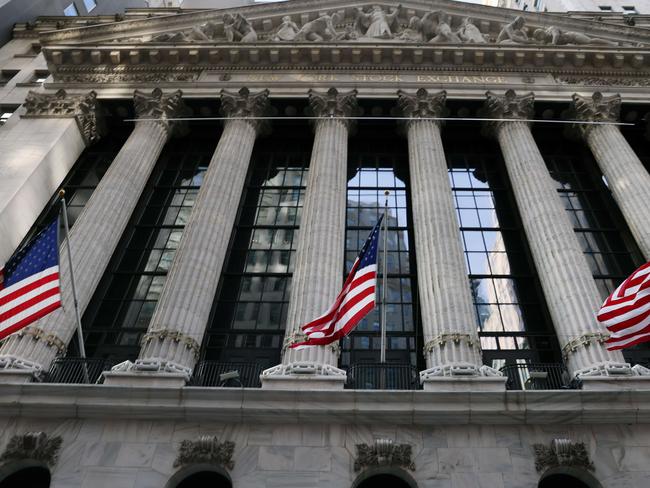
Will the US central bank be too slow to face up to reality, allowing an even bigger bubble to build and so cause an even bigger bust?

Almost all of the country’s worst-performing super funds are owned by some of Australia’s largest financial institutions.
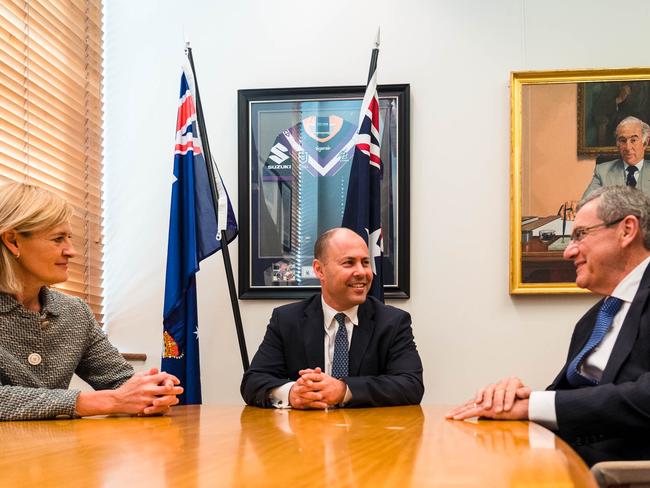
New ASIC chair Joe Longo has toned down the enforcement rhetoric, saying the regulator will consider the full range of its regulatory options.
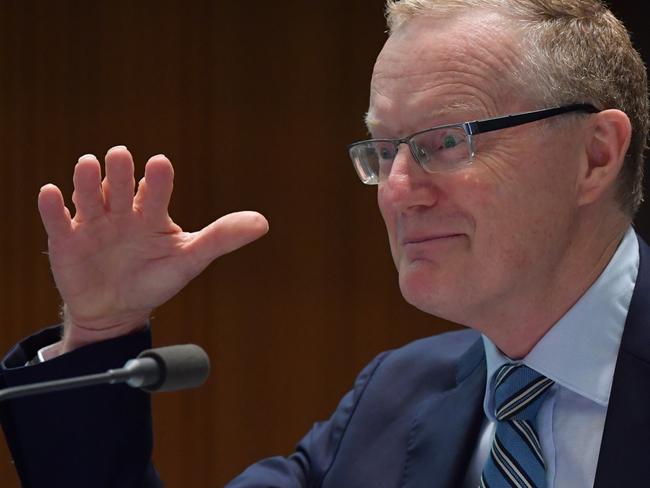
The era of ultra-low cash rates will end earlier than central banks are saying — and it’s about to get ugly.
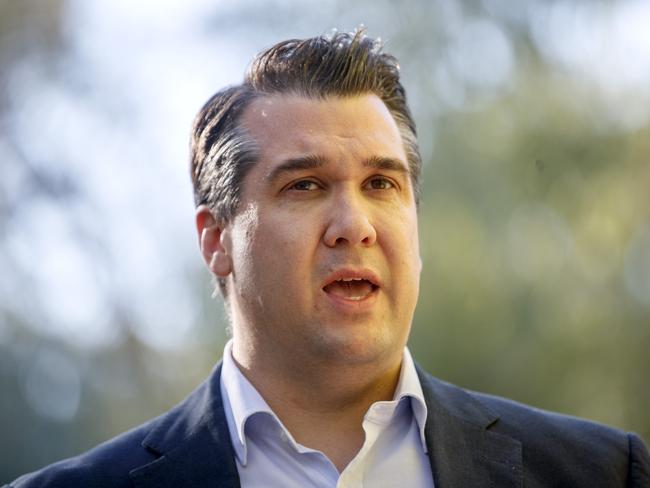
The government will give another 30,000 households help to break into an increasingly hot property market.

Full-time jobs for women are primarily responsible for the improving employment numbers, ABS data shows.
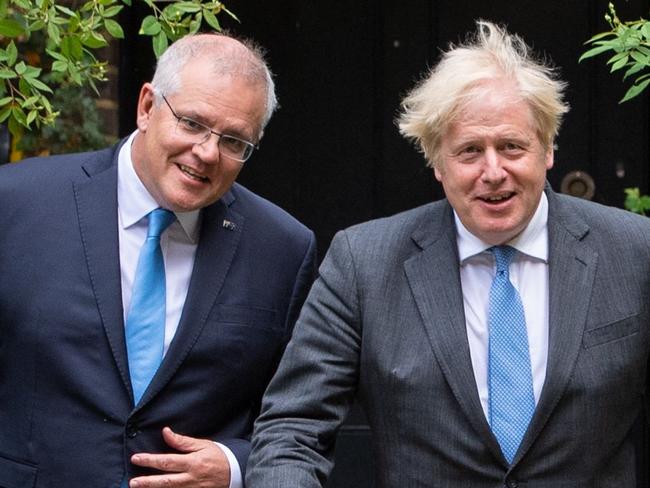
Coming from a market-based government, you’d think Australia’s free-trade deal with the UK would have mentioned carbon credits.

The signs are already there that higher interest rates are going to come sooner than expected.
Original URL: https://www.theaustralian.com.au/business/economics/page/198